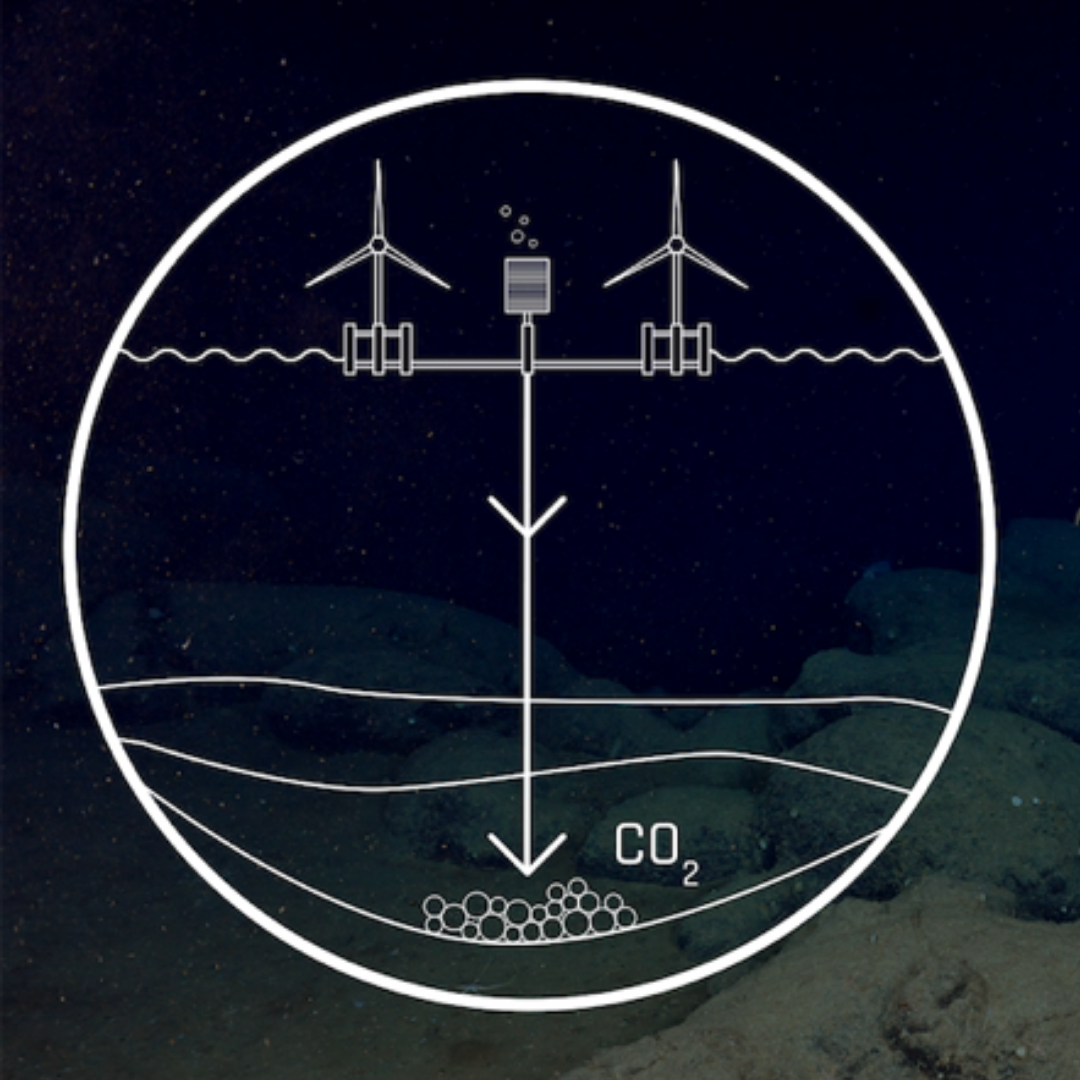
Perceptions, Culture, Values & Behaviour
How do humans perceive nature? How are cultural values and knowledges mobilized to make important decisions related to socio-ecological futures? What are the socio-cultural, perceptual, and psychological barriers and enablers for sustainable behaviour, as individuals and as collectives? A rigorous understanding of these factors enables effective action towards sustainability.
IRES Researchers work to understand how core notions of nature and human-nature relations can be used to design behavioural interventions, shape policy, transform societal norms and values, and better manage land, water, air, ecosystems and technologies. From Indigenous ontologies of water to how values related to public environmental goods affect willingness to invest in key infrastructure, we use insights related to culture, values, and behaviour to address critical sustainability challenges.
Core faculty:
Leila Harris, Jiaying Zhao, Gunilla Öberg, Milind Kandlikar, Claire Kremen, Terre Satterfield, Kai Chan, Joséphine Gantois

Relational values and social norms for nature
How might sustainable practices embodying ecological responsibility go from niche to normal?
In contrast to outdated ideas that how we treat nature only matters because of its intrinsic and instrumental values, it is increasingly recognized that many people also have strong preferences, principles and virtues regarding human relationships involving nature (relational values). This project investigates the possibility that relational values might form the basis for new infrastructure and social structures that cultivate social norms to protect and restore nature.

How well do people understand the climate impact of individual actions?
How many hamburgers do you need to give up to offset the carbon emissions from a roundtrip between NYC and Paris?
IRES Researchers evaluate the ability to perceive the carbon footprint associated with individual actions, known as “carbon numeracy."
Read More ->
Solid Carbon: Climate Mitigation that Advances Stable Negative Emissions
How do different specialist and public communities perceive the risks and viability of ocean-based negative emissions technologies (technologies that remove and sequester carbon)?
The test case is this study is Solid Carbon: a negative-emissions technology that aims to draw down atmospheric carbon through direct air capture, using offshore wind energy and offshore drilling, and then enable carbon mineralization into basalts (e.g., rendering pure carbon solid as it is absorbed into porous rock). Yet little is known about how people think about this new suite of technologies: Is the whole more important than the benefits and risks of any one part (e.g., wind versus ocean-floor injection)? Does their viability at scale matter to perceptions? Are such technologies seen as enabling carbon-centric economies versus providing carbon viable markets?
Read More ->Highlighted publications:
- Wynes, S., Zhao, J. & Donner, S.D. How well do people understand the climate impact of individual actions?. Climatic Change 162, 1521–1534 (2020).
- Helina Jolly, Terre Satterfield, Milind Kandlikar, Suma TR. Indigenous insights on human–wildlife coexistence in southern India. (2023) Conservation Biology.
- Seth Wynes, Kimberly A Nicholas, Jiaying Zhao and Simon D Donner. (2018) Measuring what works: quantifying greenhouse gas emission reductions of behavioural interventions to reduce driving, meat consumption, and household energy use. Environ. Res. Lett. 13 113002
- Yates, J. S., Harris, L. M., & Wilson, N. J. (2017). Multiple ontologies of water: Politics, conflict and implications for governance. Environment and Planning D: Society and Space, 35(5), 797-815.
- Mani, A., Mullainathan, S., Shafir, E., & Zhao, J. (2013). Poverty impedes cognitive function. Science, 341(6149), 976-980.
- Morales, M. D. C., Harris, L., & Öberg, G. (2014). Citizenshit: the right to flush and the urban sanitation imaginary. Environment and Planning A, 46(12), 2816-2833.
- Gunilla Oberg and Alice Campbell 2018 Navigating the divide between scientific practice and science studies to support undergraduate teaching of epistemic knowledge. International Journal of Science Education p. 1-18 (published online Nov 19 2018)
- Wilson, C., & Dowlatabadi, H. (2007). Models of decision making and residential energy use. Annual review of environment and resources, 32.
- Findlater, K. M., Donner, S. D., Satterfield, T., & Kandlikar, M. (2018). Integration anxiety: the cognitive isolation of climate change. Global Environmental Change, 50, 178-189.
- Gunilla Oberg and Alice Campell 2019 Navigating the divide between scientific practice and science studies to support undergraduate teaching of epistemic knowledge. International Journal of Science Education 41(2): 230-247